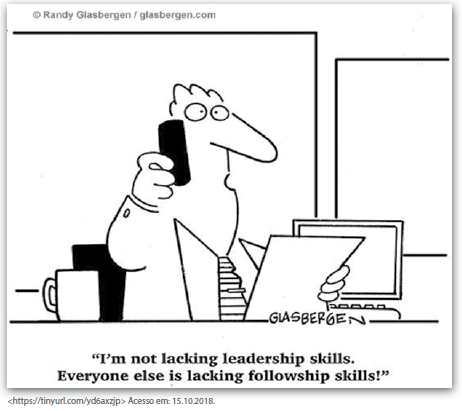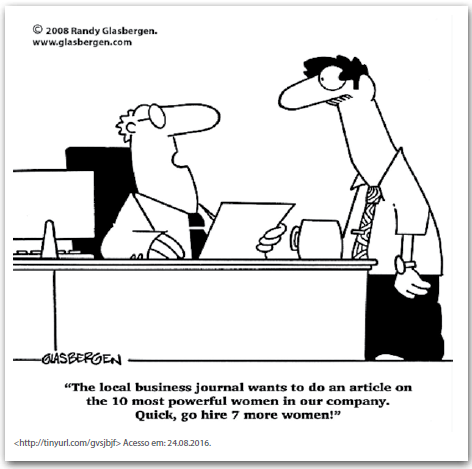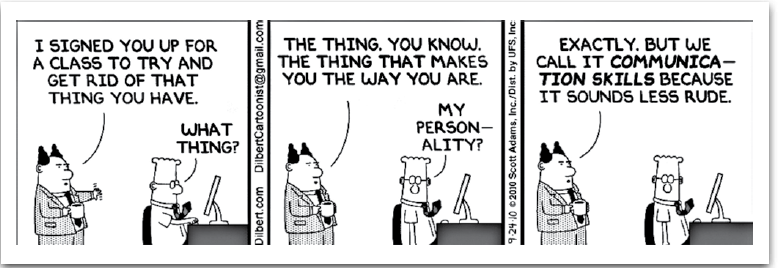Questões de Vestibular de Inglês - Interpretação de texto | Reading comprehension
Foram encontradas 4.863 questões

As expressões I’m not lacking leadership e Everyone else is lacking, para expressar o sarcasmo da charge, demonstram que o profissional em questão




Learning to Speak Brazinglish
By VANESSA BARBARA
Published: November 8, 2013
Brazilians are trying hard to get ready to host the 2014 FIFA World Cup.
Despite having a big territory rich with natural scenery, Brazil is not accustomed to many international visitors. The World Tourism Organization, which ranks tourist spending in different countries, puts it 39th on the list, behind much smaller countries like Lebanon, Croatia and Malaysia. Next year, the government expects tourism spending in Brazil to grow by 55 percent, thanks largely to the World Cup. But as that time draws near, the general feeling among my compatriots is one of disbelief (...). The prevailing feeling is captured by the expression “Imagina na Copa ...” — Imagine during the Cup — spoken every time we see a 112-mile-long traffic jam, an overcrowded airport or the rising prices of hotels and flights. If things are already bad, imagine what they’ll be like during the World Cup.
Such pre-tournament pessimism is common. Last year the British were skeptical about the Olympics, which turned out to be O.K. (...)
And yet Brazilians are doing what we can to welcome tourists. (...)
(http://www.nytimes.com/2013/11/09/opinion/barbara-learning-to-speak brazinglish.html pagewanted=1&_r=0 Acesso em: 13.02.2014. Adaptado)
O texto afirma que o Brasil
Um dos efeitos adversos do trabalho excessivo apresentado pelo autor é

De acordo com o texto do cartum,
Leia a tirinha que mostra o diálogo do personagem Dilbert (de óculos, sentado ao computador) com o seu chefe.

<https://tinyurl.com/y95p2e6a> Acesso em: 07.11.2017. Adaptado.
Na última quadrícula, o chefe menciona “habilidades de comunicação” (communication skills) com a intenção de
